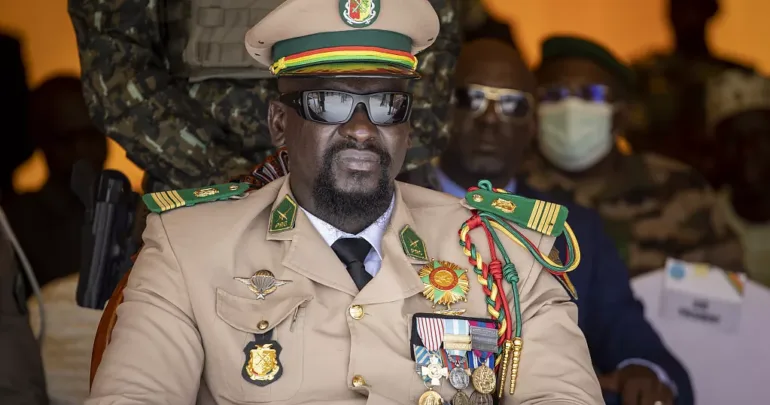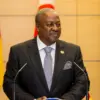Guinea’s ruling military junta has suspended three of the country’s main opposition political parties, including that of ousted former president Alpha Condé, just weeks ahead of a controversial referendum on a new constitution.
According to a government order seen by AFP on Saturday, the parties are suspended for a period of three months. The suspended parties include Condé’s Rally of the Guinean People (RPG), the Union of Democratic Forces of Guinea (UFDG) led by former Prime Minister Cellou Dalein Diallo, and the Party of Renewal and Progress (PRP).
The junta claimed the parties failed to meet certain legal obligations but did not specify what those were.
The suspension comes as opposition parties and civil society groups prepare for nationwide demonstrations beginning September 5 to protest what they describe as a power grab by junta leader General Mamadi Doumbouya.
A national referendum on the proposed constitutional rewrite is scheduled for September 21. However, in a separate decree read on state television Friday night, the junta announced that the official campaign period for the referendum has been postponed by one week, now set to begin on August 31.
General Doumbouya seized power in a 2021 coup that ousted Condé after a decade in power. Since then, his military-led government has banned public demonstrations (since 2022), cracked down on dissent, and forced several opposition leaders into exile or prosecution.
In June, a draft of the new constitution was submitted to Doumbouya. While the document outlines a roadmap for a return to civilian rule, it remains unclear whether it bars Doumbouya himself from running for president.
The junta’s initial “transition charter,” issued shortly after the coup, explicitly prohibited members of the military regime from contesting future elections. However, the adoption of a new constitution could override that restriction—raising concerns among critics about the military’s long-term intentions.
Guinea, a mineral-rich country in West Africa, has a long history of authoritarian rule, and critics warn that recent developments risk setting back progress toward democratic governance.
AFP


